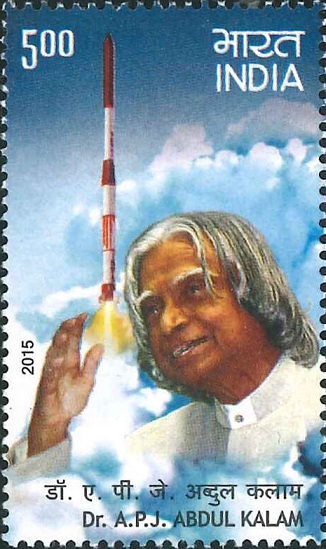
Dr. A.P.J. Abdul Kalam
A commemorative postage stamp on the Birth Anniversary of ‘Missile Man of India‘ Dr. APJ Abdul Kalam, 11th President of India (2002-07) :
 Issued by India
Issued by India
Issued on Oct 15, 2015
Issued for : The Department of Posts is pleased to release a commemorative postage stamp on Dr. A. P. J. Abdul Kalam.
Credits :
Stamp/FDC : Kamleshwar Singh
Cancellation : Alka Sharma
Type : Stamp, Mint Condition
Colour : Multi colour
Denomination : 500 Paise
Stamps Printed : 0.6 Million
Printing Process : Wet Offset
Printer : Security Printing Press, Hyderabad
Name : Avul Pakir Jainulabdeen Abdul Kalam
Born on Oct 15, 1931 at Rameswaram, Ramanathapuram district, Tamil Nadu, India
Died on Jul 27, 2015 at Shillong, Meghalaya, India
About :
- Dr. Avul Pakir Jainulabdeen Abdul Kalam was born on 15th October 1931 at Rameswaram in Tamil Nadu. His father, Jainulabdeen, was a boat owner and also an imam of a local mosque. His mother, Ashiamma, was a housewife. Remembering his childhood, he has written that even though he was studying in the Vth standard, he had a special place in his home. There used to be no electricity and his house was lit by a kerosene lamp between 7 PM to 9 PM every evening. However, his mother provided him with a small kerosene lamp everyday so that he could study up to 11 PM.
- After completing his education at the Schwartz Higher Secondary School, Ramanathapuram, Kalam attended Saint Joseph’s College, Tiruchirappalli from where he graduated in Physics in 1954. Thereafter he did specialization in Aeronautical Engineering from Madras Institute of Technology.
- Dr. Kalam made significant contribution as Project Director during development of India‘s first indigenous Satellite Launch Vehicle (SLV-III) which successfully injected the Rohini satellite in the near earth orbit in July, 1980 and made India an exclusive member of the Space Club. He was responsible for the evolution of Indian Space Research Organisation (ISRO)’s launch vehicle programme, particularly the PSLV configuration. After working for two decades in ISRO and mastering the launch vehicle technologies, Dr. Kalam took up the responsibility of developing Indigenous Guided Missiles at Defence Research and Development Organisation (DRDO) as the Chief Executive of Integrated Guided Missile Development Programme (IGMDP). He played a key role in the development and operationalisation of AGNI and PRITHVI Missiles and for building indigenous capability in critical technologies through networking of multiple institutions. He was the Scientific Advisor to Defence Minister, and, Secretary, Department of Defence Research & Development from July 1992 to December 1999. During this period he monitored the weaponisation of strategic missile systems, and led the Pokhran-II nuclear tests in collaboration with Department of Atomic Energy, which made India a nuclear weapon State. He also provided thrust to self-reliance in defence systems by progressing multiple development tasks and mission projects, such as, Light Combat Aircraft.
- As Chairman of ‘Technology Information, Forecasting and Assessment Council’ (TIFAC) and as an eminent scientist, he led the country with the help of 500 experts to arrive at Technology Vision 2020 providing a road map for transforming India from the present developing status to a developed nation. Dr. Kalam also served as the Principal Scientific Advisor to the Government of India, in the rank of Cabinet Minister, from November, 1999 to November, 2001 and was responsible for evolving policies, strategies and missions for many development applications. Dr. Kalam was also the Ex-officio Chairman, of the Scientific Advisory Committee to the Cabinet and piloted the India Millennium Mission 2020.
- Dr. Kalam then took up academic pursuit as Professor, Technology & Societal Transformation at Anna University, Chennai from November 2001 and was involved in teaching and research tasks. Above all, he took up the mission of igniting the young minds of the country for national development by meeting high school students across the country and interacting with them.
- Besides Dr. Kalam‘s scientific temper, his literary pursuits have also been illustrious. Dr. Kalam‘s four books – “Wings of Fire“, “India 2020 – A Vision for the New Millennium“, “My Journey” and “Ignited Minds – Unleashing the power within India” have become household names in India and among Indian nationals abroad. These books have been translated into many Indian languages.
- Dr. Kalam was one of the most distinguished scientists of India with the unique honour of having received honorary doctorates from 40 universities and institutions. He was awarded the coveted civilian awards, namely, Padma Bhushan in 1981, Padma Vibhushan in 1990, and the highest civilian award Bharat Ratna in 1997. He was recipient of several other awards and also was fellow of many professional institutions.
- Dr. Kalam became the 11th President of India on 25th July, 2002 and remained in office till 2007. He has the distinction of being elected President of India with the support of both the ruling party and the opposition party. After serving a term of five years, he returned to his civilian life remaining active in the fields of education, writing and public service.
- Dr. Kalam passed away due to a cardiac arrest while delivering a lecture on “Creating a Liveable Planet Earth” to the students at the Indian Institute of Management, Shillong, Meghalaya on 27th July, 2015.
- Text : Based on the material obtained from Internet.


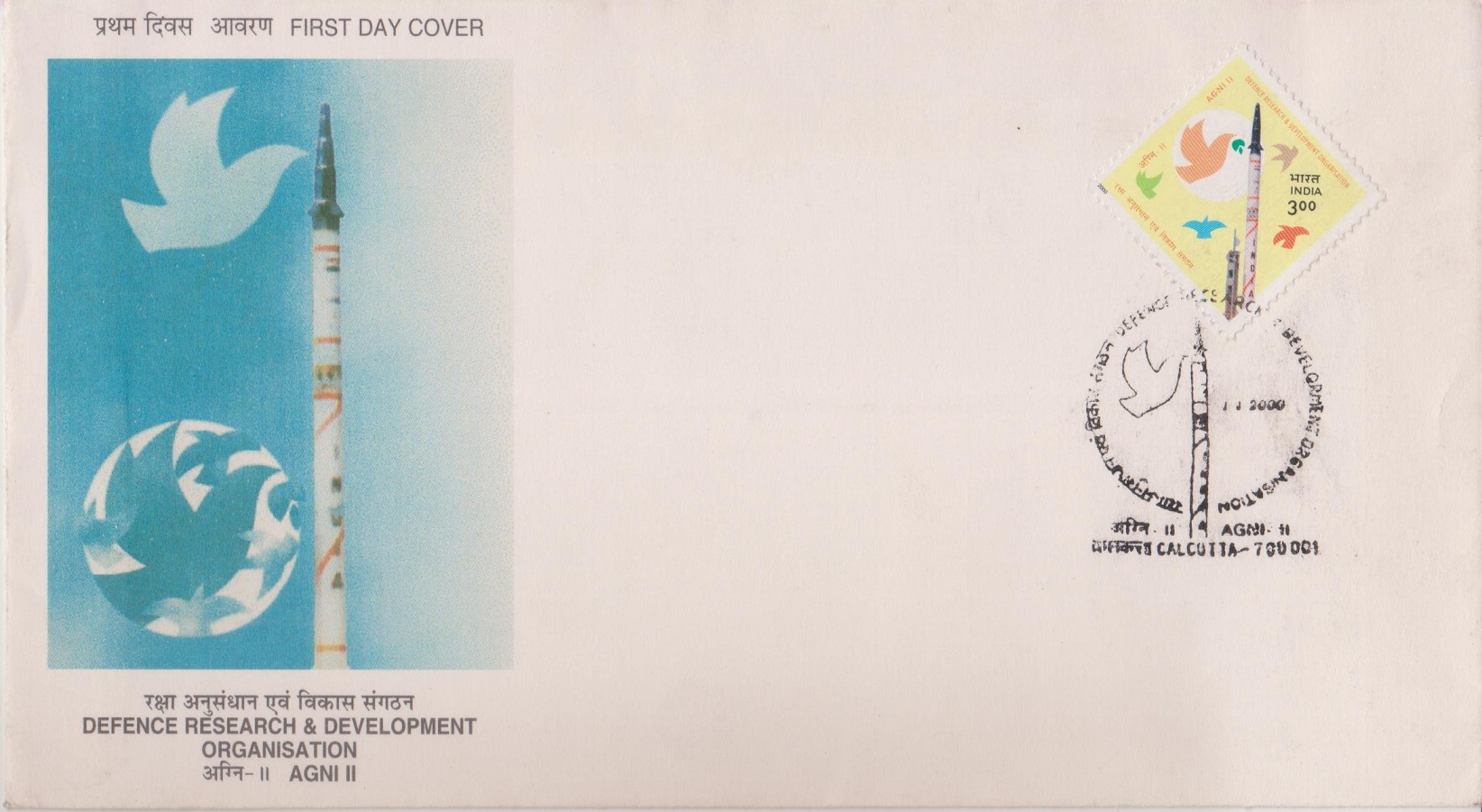

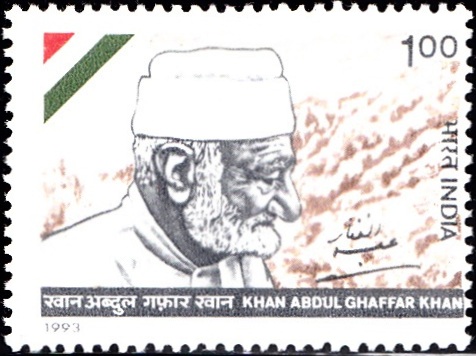
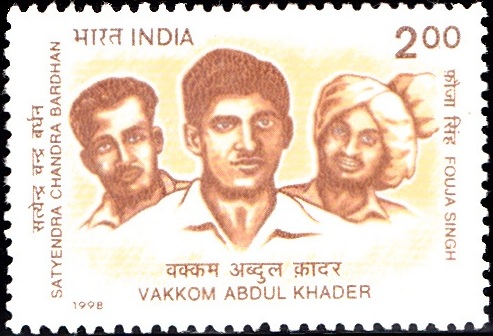
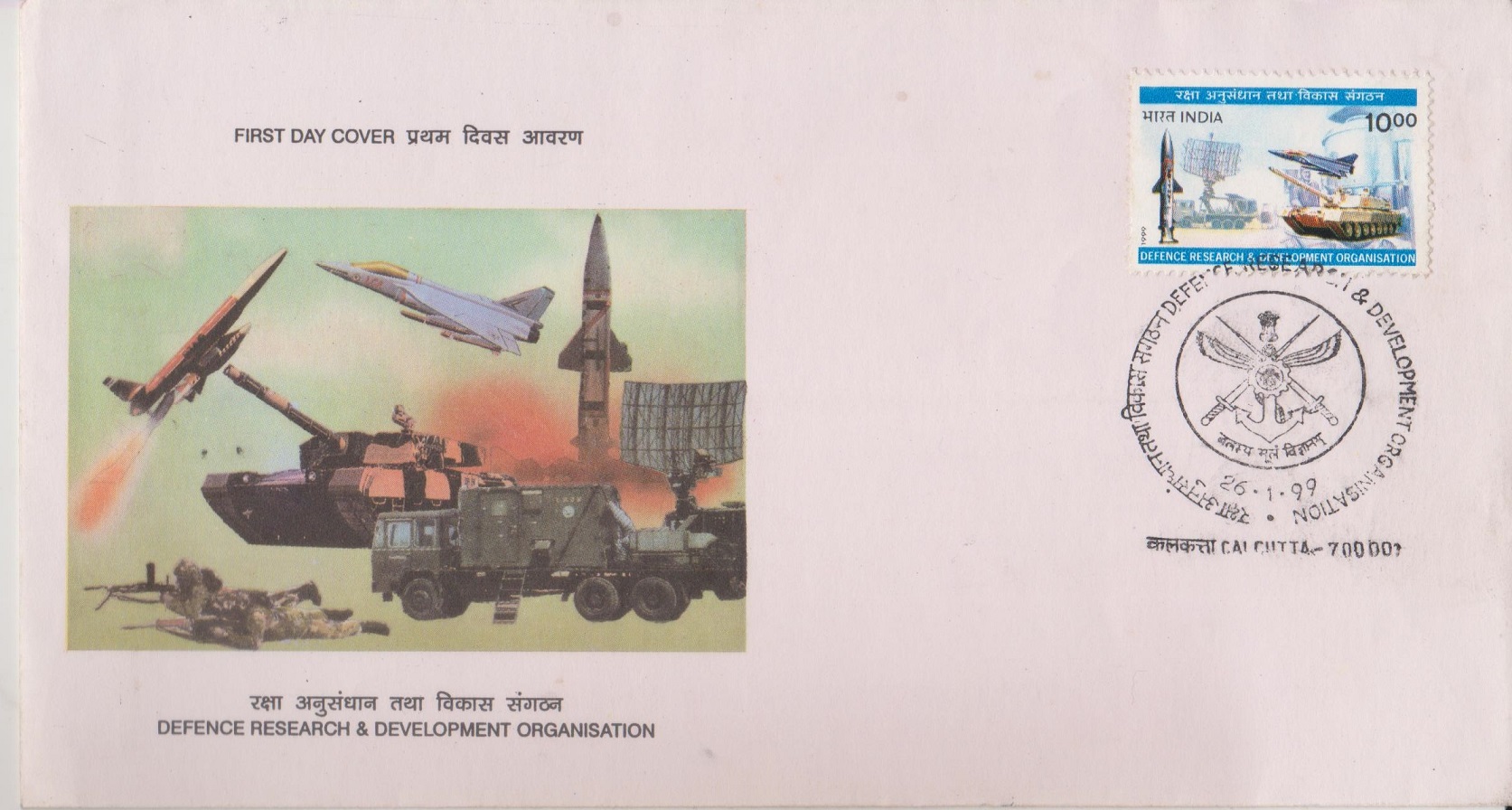
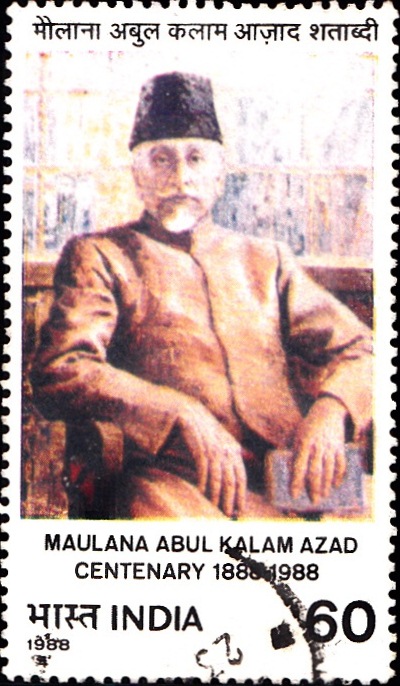
[…] his services to the nation. He was also awarded Padma Vibhushan in 1999. India’s former President A.P.J. Abdul Kalam praised Deshmukh for his “single–minded devotion to the uplift of the people”. He died […]
[…] recognition of its services, the President of India presented Colour to SSB in 2004. SSB’s officers and men have brought glory to the country and […]